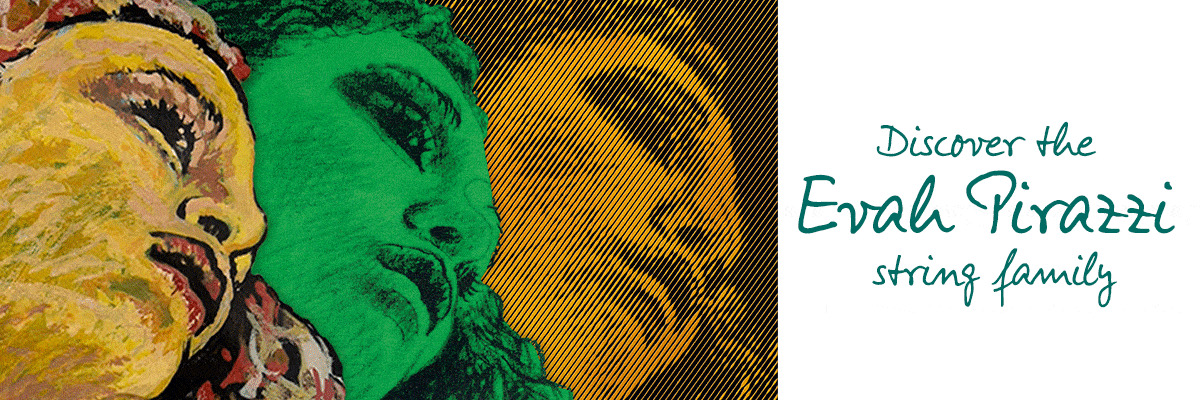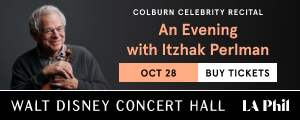Classical Music in America -- A History of its Rise and Fall
This is a little review I wrote of an important new book -- which touches upon many topics discussed here, particularly the threads "Classical music and music in 2007" and "why aren't most virtuosos composers?"
"Classical Music in America — A History of its Rise and Fall"
With this provocative title, Joseph Horowitz has written a new and important work of music history — one which touches all of us who are part of the music scene in this country. His basic premise is that Classical Music in America is primarily about the performer rather than the music. In Europe the most influential musicians have always been the great composers: Beethoven, Brahms, Wagner, etc. In America the major players who have shaped our musical culture have been conductors including Toscanini, Stokowski, Bernstein, and the power brokers behind them — impresarios such as Arthur Judson who defined the very meaning of the concert experience in America, David Sarnoff who created the NBC Symphony for Toscanini, music critics such as John Sullivan Dwight who shaped the listening habits of the nation, businessmen such as Henry Higginson who created the Boston Symphony Orchestra with his personal fortune and his personal ideals.
It is the story of how Americans, felling culturally inferior to Europe, tried to adopt the European musical culture, and in so doing warped and distorted it. It is the story of how the American model, based on marketing superstar conductors performing music by dead European composers, came to dominate the classical music scene worldwide.
We read about Anton Seidl, the charismatic disciple of Wagner, who during the late nineteenth century made New York into the Wagner capital of the world.
We meet Theodore Thomas who was the founding conductor of the Chicago Symphony. He worked to turn the great composers into gods and sacralize their music. Thomas called his concerts “sermons in tones” and condemned popular music as “having the devil in it.”
The central figure is Toscanini, transformed by managers and critics from a musician into a cult figure — “The greatest musician who ever lived.” He redefined the musical life of America. He elevated the standard of orchestral performance to unprecedented heights. He declared “Tradition is the last bad performance” and set the new standard of reverence for the printed scores of the great composers. On the down side, he had no interest in the music of his own time, or the music of his adopted country. He was a literalist — disdaining fantasy and imagination. Speaking of Beethoven’s Eroica he declared,
“To some it is Napoleon, To some it is Alexander the Great. To some it is philosophical struggle. To me it is Allegro con brio.”
And Toscanini, together with his handlers, fostered the idea of the “definitive” interpretation which lives on today to the detriment of the art of artistic performance.
Altogether a fascinating and otherwise untold history, I highly recommend this book to all my musical friends.
Replies (7)
Give American people a good cause, and there's nothing they can't lick:)
--John Wayne
For a serious kill-joy, read Norman Lebrecht's "Who Killed Classical Music? Maestros, Managers and Corporate Politics".
Looking for a review of this book, I found "Mozart in the Jungle: Sex, Drugs and Classical Music". Even more titillating maybe. A review of both --> http://www.andante.com/article/article.cfm?id=25814
Albert, I think we're very much on the same wavelength. If I understand you correctly your main interest is putting the American classical music scene in a larger context. In this book Joseph Horowitz does this in spades. He is constantly relating to the European musical scene, to the larger panorama of the arts including literature and painting, and also finding the relationships with American, and World history.
Jim, thanks for pointing me to this review. If you want to pursue ti further there are some reviews on Amazon.com
Anne, I love Norman Lebrecht's books. They have the ring of truth.
Maybe somewhat Roy. My interpretations of change are more holistic and Jungian like, though I don't subscribe strictly to any philosohpy, including Jung's.
I find material interpretations of change, most often forego humanistic realities that are often the greater truth. For instance, if we look at the history of ration iteself, then the history of specialization, what has that to do with Wolfy's Requiem? Then we turn around and put a conflict spin on social phenomona as if they were part of a congruent plot against de Tocqueville's 'everyman'. I find that ridiculous, and dehumanizing--perhaps even demoralizing.
It is miseleading to look at overall effects as if they were causes. Even Gibbons does this on some level. And sociologists are more diverse and disagreeable than physicists 'in search of' string theory, including Einstein. Then half-truths are filtered down to common folk, sometimes with disastrous results.
I see interpretation in a different light: more in the spirit of Daniel Boorstin, then in a somewhat anthropological spirit (the drum, the lilt, the chant...the troupe, the group,... the symphony).
Music begins with a mother holding her baby, then lovers consuming their passion, ... then fiddlers expressing their dreams. This can't be taken away from though in our own collective myopia, we look for generalities to explain our world, and in the process jump on accepted bandwagons of thought that in reality are either incomplete, or false, or failed because of their incompleteness.
I sense a lot of generalizing in a story that doesn't include the story of ration, the story of specialization, the growth of populations of survivors (that's enough of that image), the story of Discovery, the story of merging and blending or world systems of cultures. Then, the author turns around and interprets the effect... hmmmm...
The sanitizing effect of ration on form, is it's own phenomona, but not to be taken out of context as if people or events or Toscanini owned it. It was as stated earlier, predictable---at least in my mind. The same predicatability however, advanced medicine, and carried man to the moon. God only knows, some of the sounds I've made on my screech box, are very much, still creative ;)... And my efforts to improve my sight reading, I'm certain, can be found on 'no' score.
The way that I see this working is that when those structures on the upper strata of society sense 'real' not intellectual dissonance in 'what has become', society somewhat self-corrects, and yet new forms are created. We think this doesn't happen, but I see it as Bartok's genius. Another example might be in someone's post about either Mozart or Bach being disgusted with writing little dance numbers for the elite (please subtract any material interpretation)--I think it was Wolfy...
So as in my earlier post, the real and not well understood story, is in this perpetual change, and becoming. While music really is the effect, it has little to do with the intitial cause(s). Like language, music, really is living, and cannot be separted from it's parts--though we often try. From what you shared, I feel,the author tried.
Roy, I don't love Norman Lebrecht's books. His style is a bit tabloidish for my tastes. I also think that picking on conductors is too easy...
The flip-side of All Things Negative is the book "The Artist As Citizen", by Joseph W. Polisi.
For good information on the business side of the arts, at least pertaining to professional orchestras, is Drew McManus' blog "Adaptistration" over on Artsjournal.com. Greg Sandow's blog, also on AJ, is a good read too.
This discussion has been archived and is no longer accepting responses.
Violinist.com is made possible by...
Dimitri Musafia, Master Maker of Violin and Viola Cases
Johnson String Instrument/Carriage House Violins
Subscribe
Laurie's Books
Discover the best of Violinist.com in these collections of editor Laurie Niles' exclusive interviews.

Violinist.com Interviews Volume 1, with introduction by Hilary Hahn

Violinist.com Interviews Volume 2, with introduction by Rachel Barton Pine












February 8, 2007 at 03:29 AM · As a good revisionist revisionist revisionist, I'd have to read that myself..... The change factor, and what happened as 'a' was happneing concurrently with 'b' are often too linear in these interpretations.
Music being on the high end of social strata, nearly always has many phenomona happening on other layers that are often either skimmed over or completely left out. There's a saying from folk literature I coined: 'the story-teller 'always' precedes the story', that looks at how the upper layers of culture, including folk-culture, are effected by non-obvious change.
Elvis>Rock'n roll? How about Arthur Miller first? Elvis, might have been rather than predictable. And in the really global world of especially classical, there may have indeed been many levels of Arthur Miller in different coats. And America's role? Well, as noted, I'd like to read it first. No nation is an island.
The strength in the existential, is that it makes one look below the surface more thoroughly.